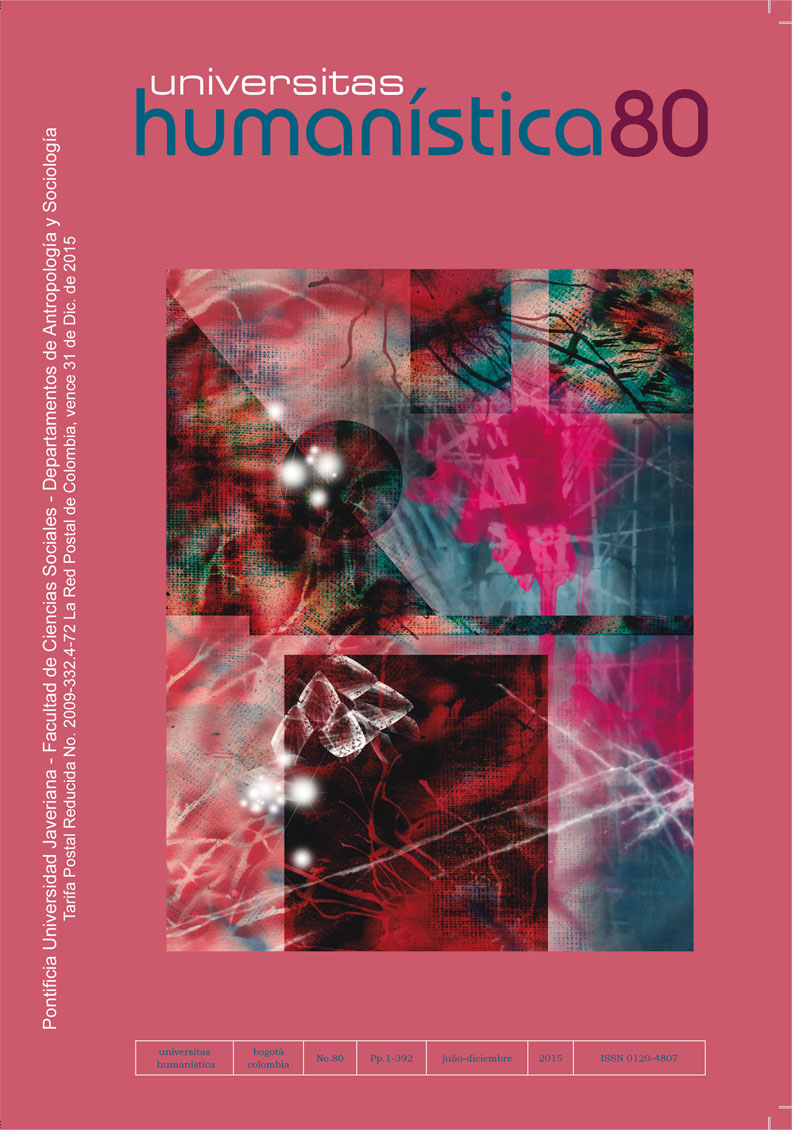Abstract
In Latin America countries, programs and public policies aimed at indigenous health have impacted on new roles and border spaces. By addressing indigenous participation in primary healthcare, we analyze the tensions and negotiations before and after the implementation of the Indigenous Healthcare Subsystem in Brazil, providing as an example the indigenous land Kaingáng (TIK) located in the south of the country. Prior to the implementation of the Subsystem, the definition and execution of the services in this TIK were characterized by the strong presence of indigenous people linked to the indigenous political leader and the weak presence of institutions. Since 2000, the subsystem started covering various public and private segments. In the TIK, the role of a Kaingáng organization was full of ambiguities and paradoxes, because while it was an opportunity for getting a greater role in the negotiation spaces created by the State, it was also subject to the priorities defined in outer spaces to the ethnic group
This journal provides immediate open access to its content on the principle that making research freely available to the public, encourages greater global exchange of knowledge.
The journal Universitas Humanística is registered under a Creative Commons Attribution 4.0 International Public License. Thus, this work may be reproduced, distributed, and publicly shared in digital format, as long as the names of the authors and Pontificia Universidad Javeriana are acknowledged. Others are allowed to quote, adapt, transform, auto-archive, republish, and create based on this material, for any purpose (even commercial ones), provided the authorship is duly acknowledged, a link to the original work is provided, and it is specified if changes have been made. Pontificia Universidad Javeriana does not hold the rights of published works and the authors are solely responsible for the contents of their works; they keep the moral, intellectual, privacy, and publicity rights.
Approving the intervention of the work (review, copy-editing, translation, layout) and the following outreach, are granted through an use license and not through an assignment of rights. This means the journal and Pontificia Universidad Javeriana cannot be held responsible for any ethical malpractice by the authors. As a consequence of the protection granted by the use license, the journal is not required to publish recantations or modify information already published, unless the errata stems from the editorial management process. Publishing contents in this journal does not generate royalties for contributors.


